Cradled in the Colorado Rockies with a menagerie of animals, author Pam Houston comes to terms with her past and finds strength in her surroundings.
- story by Scott Naugle
Author Pam Houston will sign books and speak about her new memoir, Deep Creek, at Pass Books, 300 E. Scenic Drive, Pass Christian, on Thursday, Feb. 21, 6pm - 7pm. Click here for more details.
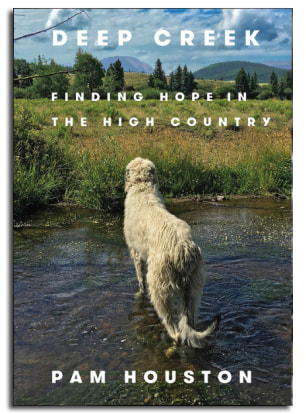
Houston recounts and contextualizes her struggles from a childhood of physical and mental abuse by both parents forward through decades of introspection, eventually locating a measure of peace and happiness in the present day. She sourced both therapy and solace from a large ranch in Northern Colorado, high in the Rocky Mountains, near the headwaters of the Rio Grande.
Many know Houston from the best-selling Cowboys Are My Weakness, her work as a columnist for Outdoor magazine, or the collections of short stories. She is currently the Director of Creative Writing at University of California, Davis and travels the world mentoring at writer’s workshops. Houston unearthed her uphill, rocky footpath to a mountainside respite after years of agonized wandering, “… and so my mother died, drunk and unhappy, and I found my way to this ranch, where I protect and am protected by animals, this place where nature controls how I spend my days and how I spend my life, this place where I can love every season.” The four-legged menagerie loved by Houston includes Icelandic sheep, dogs, mini-donks, horses, cats, and a short visit by an orphaned baby elk. Within all the moments of pure joy the animals inspire, there are also notes of sorrow. “In 2014 I lost Fenton Johnson the wolfhound,” she recounts. Houston was out of town leading a writer’s workshop when she received word of Fenton’s failing health. She returned home immediately by air, landing in a Denver snowstorm. “The weekend was everything all at once. It rained and snowed and blew and eventually howled, and I slept out on the dog porch with Fenton anyway, nose to nose with him for his last three nights.” The story of Fenton was an emotional one for me, striking close to home. I recently lost Snopes, a feisty, gnarling, grumbling, old, five-pound poodle, an ever present companion in charge of the house for the past ten years. When I received the call that Snopes was dying, I stood helplessly in chilly air on a concrete sidewalk corner outside of the office at 700 Pennsylvania Avenue in Washington. I am consoled by the fact that he died in the arms of the only other person who loved him as much as I did. It was a Sunday mid-morning in Pass Christian several months ago and Pam Houston sat down beside me in a green upholstered armchair. She held her coffee in a white porcelain cup, silently, absorbing, watching the sunlight sparkling and bouncing off the undulating Gulf water. The previous evening, a whisper before midnight, I listened in awe as Pam stood in a parlor just up the street on Scenic Drive, ten or so others sprinkled around the room, reciting a long poem, one that she explained had moved her. I’ve forgotten the poem, but the passionate recitation mesmerized me. I was taken by someone so soulfully enthralled with emotion and ideas as conveyed through poetry. Now, she leaned toward me in the light-washed room and asked what I thought of Hunger. “It is one of my favorite novels,” I blurted. “Several years ago I read through all of Knut Hamsun’s work.” My response, judging by the expression on her face, initially appeared to puzzle her and then slowly changed to one of slightly bemused understanding. What kind of a person responds with an obscure Norwegian novelist’s work, a Nazi-sympathizer from the last century, when at that moment Roxane Gays’ Hunger: A Memoir of Body was at the top of the bestseller list? Houston gently corrected me. “In spite of the encroaching darkness, there’s nothing out here to be afraid of,” Houston recalls in Deep Creek: Finding Hope in the High Country before a late day walk on her property. “Coyotes are not brave enough to attack a full grown woman and a 150-pound dog, even a whole pack of them. Mountain lions hunt at dusk and dawn, but in this country, there’s never been an attack on a human. A black bear won’t be hanging around on the riverbank, but even if he were, he’d hear us before we’d hear him and hightail it back into the forest.” There’s not much of anything, two-legged or four-legged, that Houston is afraid of any longer. Houston’s depth of insight and barebones honesty, her fluency and descriptive agility with the written word, brings Virginia Woolf to mind, ruminating in A Room of One’s Own: “The whole of the mind must lie wide open if we are to get the sense that the writer is communicating [her] experience with perfect fullness. The writer, once this experience is over, must lie back and let [her] mind celebrate its nuptials in darkness.”
Deep Creek: Finding Hope in the High Country is a memoir of strength, resilience, and love. It’s an affirmation of life, a “nuptial” unifying beauty with honesty, a Rocky Mountain transcript of Woolf’s ideal. I hope that Pam Houston permits herself a moment of celebration.
Comments are closed.
|
Categories
All
Archives
July 2024
|
Shoofly Magazine Partners
Our Shoofly Partners are local businesses and organizations who share our mission to enrich community life in Bay St. Louis, Waveland, Diamondhead and Pass Christian. These are limited in number to maximize visibility. Email us now to become a Shoofly Partner!

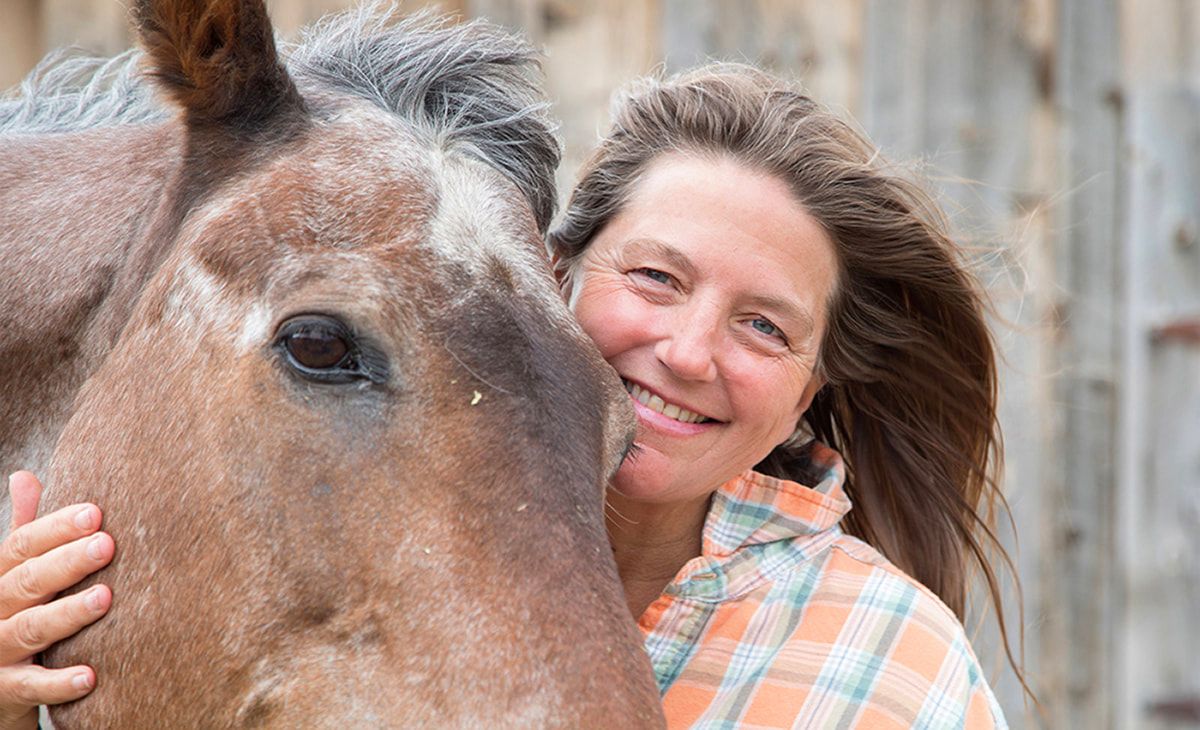

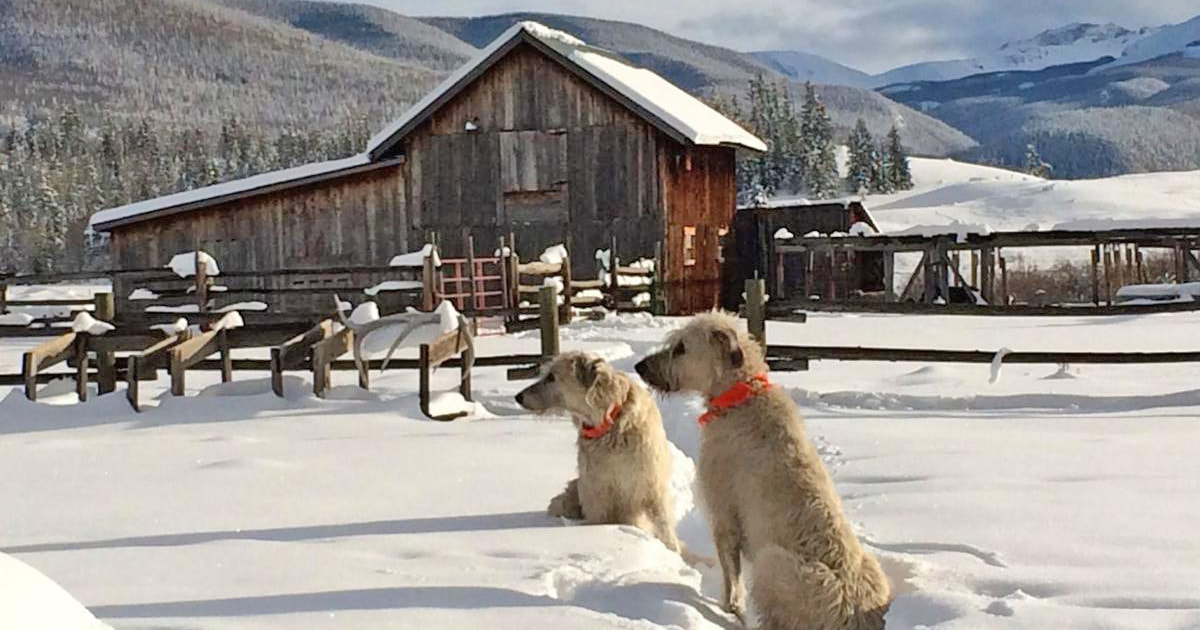
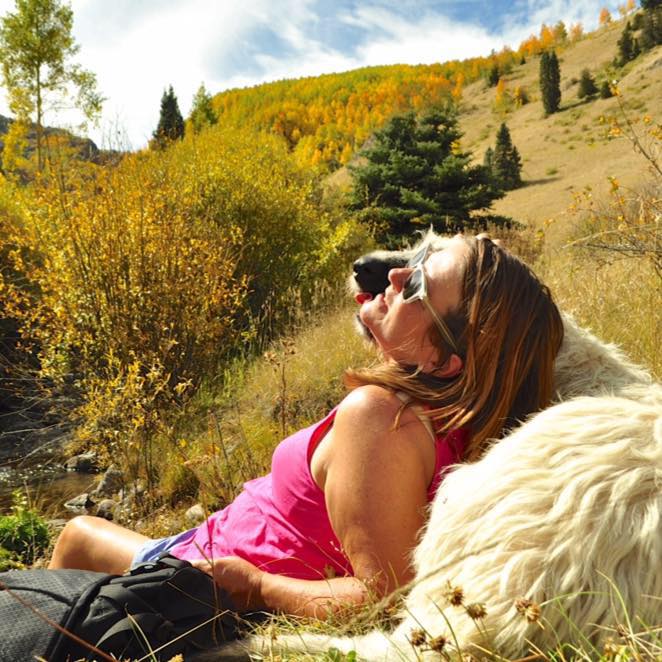
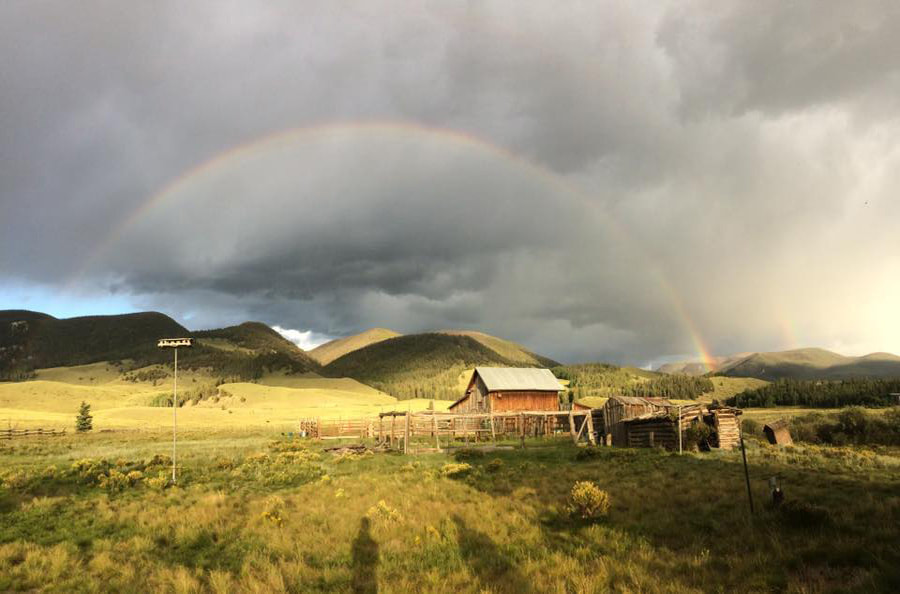


























 RSS Feed
RSS Feed























